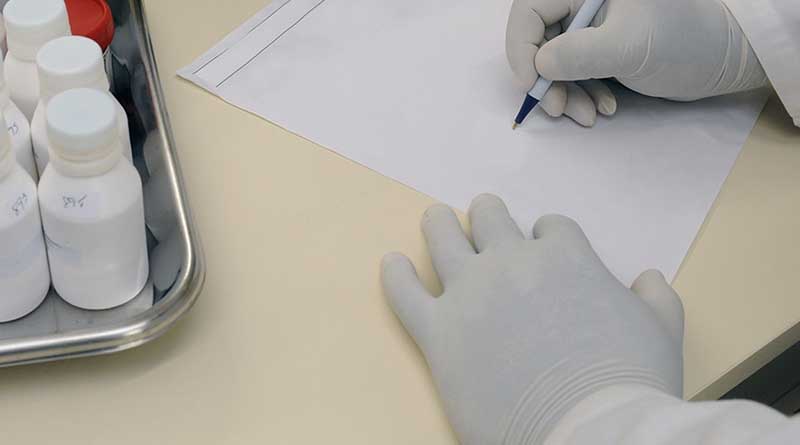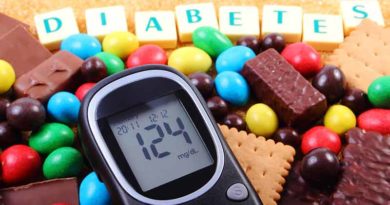Higher LDL-cholesterol & lower mortality

Executive summary
Please login to view this content
Introduction
Many thanks to Dr Malcolm Kendrick for this week’s topic. Malcolm sent me a paper, to which someone had alerted him. It was published in the BMJ Open on 15th December 2019 and it was called “Association between hyperlipidemia and mortality after incident acute myocardial infarction or acute decompensated heart failure: a propensity score matched cohort study and a meta-analysis” (Ref 1). The title is a bit off putting and the results should have made headlines, but they didn’t.
The researchers set out to examine the effect of “hyperlipidemia” on all-cause mortality after hospitalisation for acute myocardial infarction (AMI) or acute decompensated heart failure (ADHF). Hyperlipidemia was defined as having an LDL-cholesterol level ≥100 mg/dL (2.6 mmol/L), which was measured either during hospitalisation or within the preceding six months. All-cause mortality is dying from any cause. Acute myocardial infarction (AMI) is a heart attack. Acute decompensated heart failure (ADHF) is a sudden worsening of the signs and symptoms of heart failure. The latter (heart failure) is often caused by the former (heart attack). In lay terms, therefore, the researchers set out to understand the relationship between high LDL-cholesterol and dying – among the highest risk group of people with heart disease.
The prevailing view is that high LDL-cholesterol causes heart disease and it is even more important to lower LDL-cholesterol in people with existing heart disease than it is to lower LDL-cholesterol in people who don’t have heart disease. Although, the widespread view is that anyone with an LDL-cholesterol level ≥100 mg/dL (2.6 mmol/L) should be given medications (usually statins) to lower this figure.
The rest of this article is available to site subscribers, who get access to all articles plus a weekly newsletter.
To continue reading, please login below or sign up for a subscription. Thank you.




